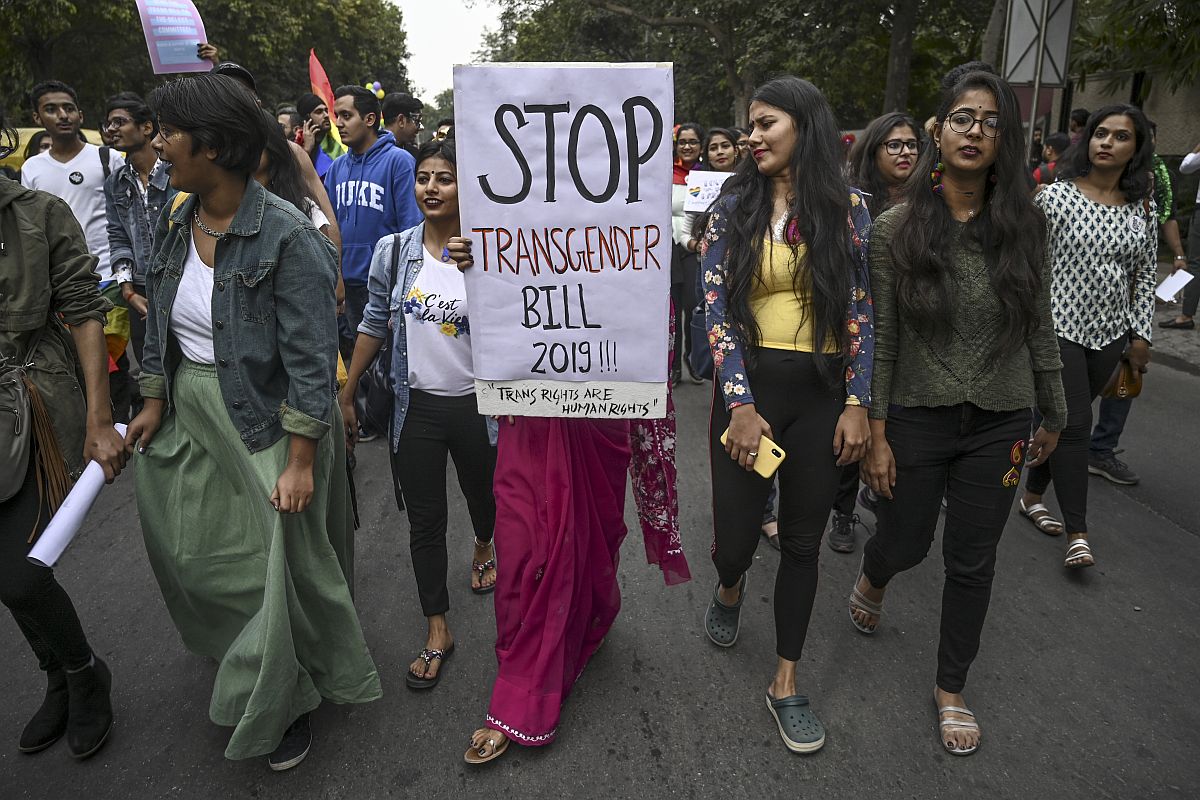
National Level Consultation on Rights of Transgender Persons
As of April 2020 it would’ve been six years since the NALSA judgement was passed by the Hon’ble Supreme Court under the aegis of Hon’ble Justice Radhakrishnan and Hon’ble Justice Sikri. It was one of the first instances that Transgender Persons were not considered as criminals. It was the first instance when legal systems and legal process considered the existence of Transgender Persons and the gave a slew of directions protecting their rights. The observations made by the court were numerous, encompassing within it the diverse nature of abuse that transgender persons have faced over ages. The court gave a set of 9 directives which were to be implemented by the center and the state within a period of six months. The judgement was followed by a period of inactivity by the states and the center for a long time. But with the judgement in hand and the directives of the court Transgender Persons, Activists and various Civil Society Organisations across the country had started work at every level, within their respective districts, states and also nationally began campaigns and lobbied with the government.
The first signs of results were observed when Tiruchi Siva came out with The Rights of Transgender Persons Bill, 2014, and presented it in the Rajya Sabha as a private members Bill which was passed unanimously in the Rajya Sabha since then it has been pending in the Lok Sabha. This bill received enormous support from community members and was drafted through extensive consultation with the community. Through sustained work by community members and activists in their individual states, state governments have taken action in their individual states, which in some cases goes far ahead of what NASLA demands the state to do, in some cases toed the line that NALSA had drawn and in some run contrary to the directives of NALSA. Though in most cases the states have continued to remain passive and maintain complete apathy to the concerns of the Transgender Community and continue to maintain their reluctance with regard to implementing directives in NALSA.
In such cases the persons went to their individual High Courts to push forward the directives as described in NALSA. The High Courts have been a space where there has been a number of results that have been obtained, from the Tamil Nadu High Court banning intersex surgery on infants to Rajasthan High Court passing an order against demanding the sex or gender of a person for government jobs unless it is absolutely necessary to the requirement of the job, the courts have yielded some significant results. Amidst this in 2016 the ruling government introduced Transgender Persons (Protection of Rights) Bill, 2016. More than it being a poorly written legislation large parts of it ran completely contrary to the NALSA Judgement and avoided covering certain parts of the judgement that are required of such a law. Through protests around the country and large scale movements it was referred to the select committee by the Ministry of Social Justice and Empowerment, which came out with the report on the Bill. In a pretense of taking in the considerations of the Standing Committee and the concerns of the community there were a few changes made, which barely took into the changes suggested and continued with the same transphobic and patriarchal narrative as was there in the previous bill, a mere twisting of words which are highly inadequate in covering the concerns of the Transgender and Gender Non-Binary community.
This resulted in the Lok Sabha re-introducing the Bill as Transgender Persons (Protection of Rights) Bill, 2018 on December 17th 2018 and passing it on the very same day. Socio-Legal Information Centre (SLIC) came out with a critique of the Bill as it was introduced in the Lok Sabha. As soon as the Bill was passed by the Lok Sabha protests erupted around the country. Due to the large scale protests across the country the Bill was stalled in the Rajya Sabha. In the meantime due to Lok Sabha Elections, the bill lapsed. After the elections there were claims made by the Minister of Social Justice and Empowerment to get the Bill passed within a period of 100 days. Transgender Persons (Protection of Rights) Bill, 2019 was reintroduced in the Lok Sabha on the 19th of July 2019 without incorporating the changes proposed by the community with the previous bill. As soon as it was passed by the Cabinet, SLIC came out with a comprehensive critique of the Bill. The 2018 version of the Bill was reintroduced without a any suggestions and the changes proposed and was passed by the Lok Sabha on the 5th of August 2019. On the 26th of November 2019 it was passed in the Rajya Sabha and subsequently received the president’s assent on the 5th Of December 2019. It is in this context that SLIC organized a National Level Consultation on Transgender Persons and Women’s Issues on the 28th and 29th of December 2019 to collate data on policies and schemes related to transgender persons that have been started by different states and the differential manner in which individual states have attempted to implement the directives in the NALSA Judgement. It was also critical to identify the points at which legal intervention is both necessary and could be done to aid and catalyse the work that is already being done by activists, Civil Society Organizations (CSOs) and the movements (both large scale national level movements and the localized state level movements). The primary concern was to chart out a an effective future plan and strategy following the passing of the Transgender Persons (Protection of Rights) Act, 2019. Also to fill in the missing gaps that could be better tackled through legal intervention therefore to move ahead with getting the state to implement schemes specific to Transgender Persons much more effectively.